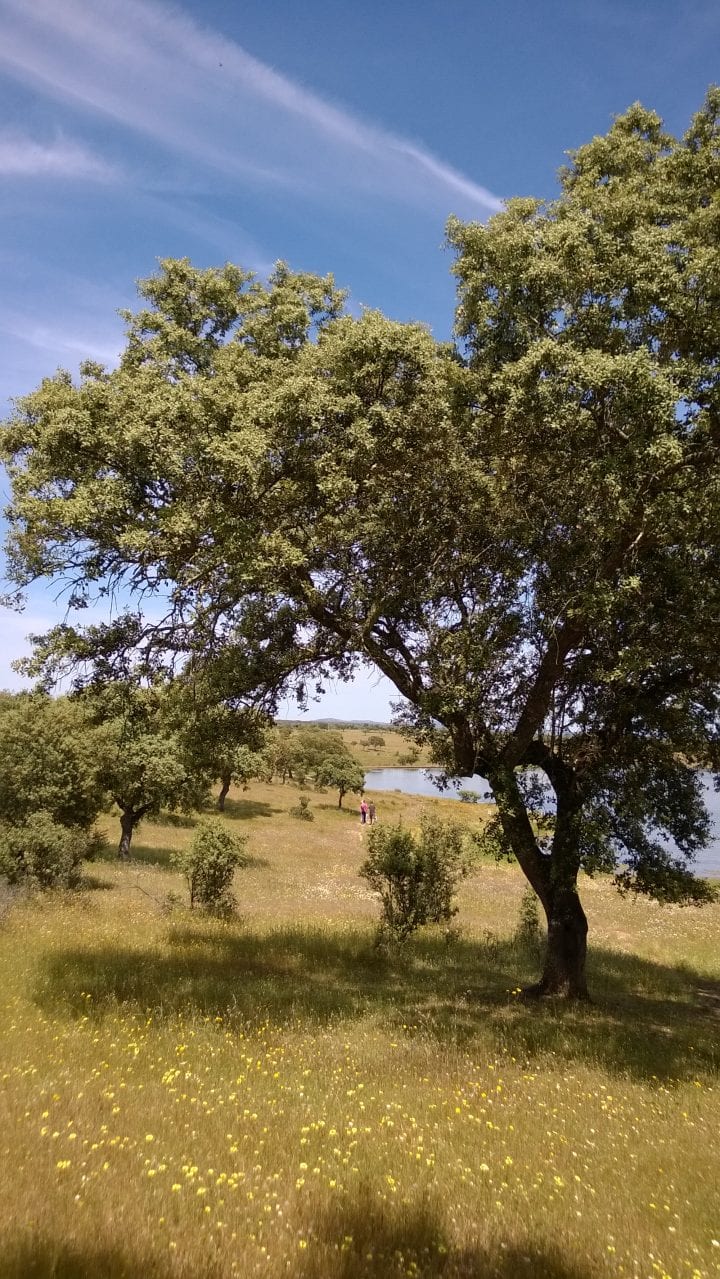Local places in landscapes are essential for people’s wellbeing
Rural landscapes have many different meanings and purposes. For example, they are both places for food production, habitat for plants and animals, places of cultural heritage and history, and homes for people. Such multipurpose landscapes provide benefits to people and nature.
But how are these benefits seen and valued in the eyes of local residents? How are peoples’ feelings and understandings about their landscapes linked to their overall wellbeing? Both are relevant points of study in times of rapid landscape change. We studied these questions at 13 sites in 10 different countries across Europe. We conducted face-to-face surveys and mapping exercises with local residents, which assessed landscape values.
In total, the study illustrates 40 different ways in which landscapes contribute to wellbeing according to locals. People viewed therapeutic wellbeing effects, such as silence, tranquility, peacefulness and relaxation as important across all landscapes. Landscapes also create the opportunities for interaction among family, friends and the community. Locals also value the ‘nature,’ and ‘scenery’ of landscapes. However, our study shows diversity across European regions in terms of how people in a specific landscape understand and value wellbeing benefits. These results move beyond traditional framings of rural landscapes, which highlight production-oriented wellbeing outputs such as food, fibres and ecosystem processes.
Finally, our study shows that planning and management decisions should view landscapes as a starting point for understanding ‘local places’; places with specific relations between people and nature which should be identified and articulated to ensure sustainable landscape development.
Figure caption: Landscapes contribute to our wellbeing in multiple ways and foster relations between people and nature. Photo from Spanish holm oak landscape ‘dehesa’ in Llanos de Trujillo. Photo credit: Mario Torralba
